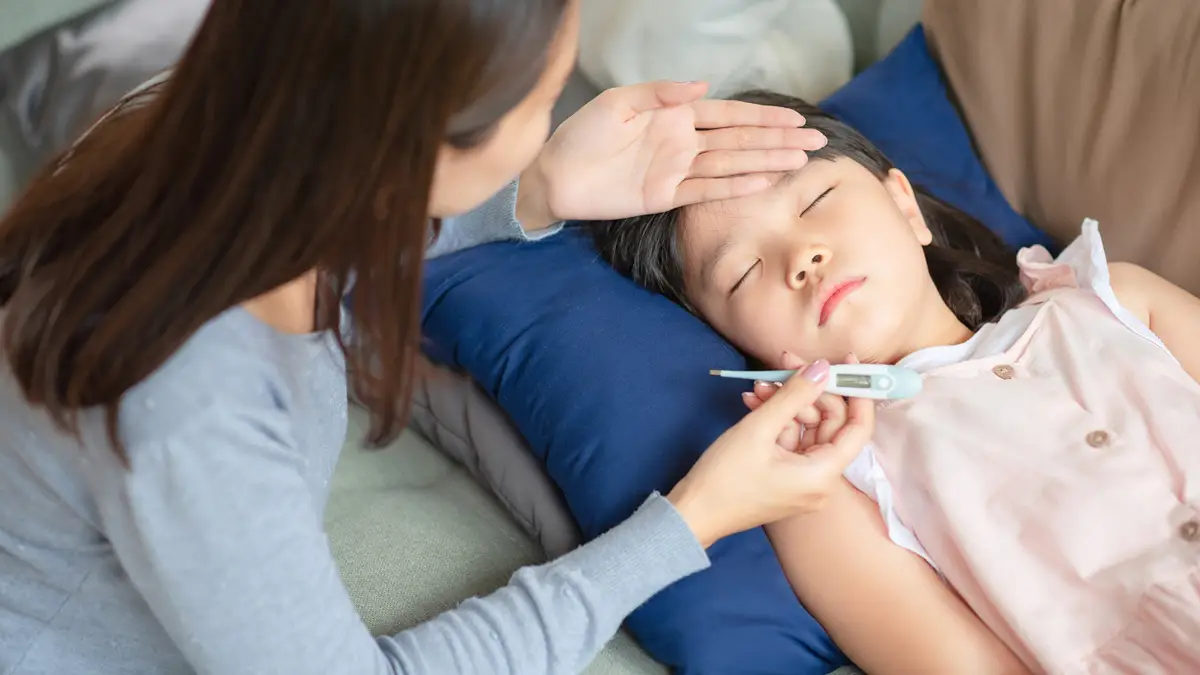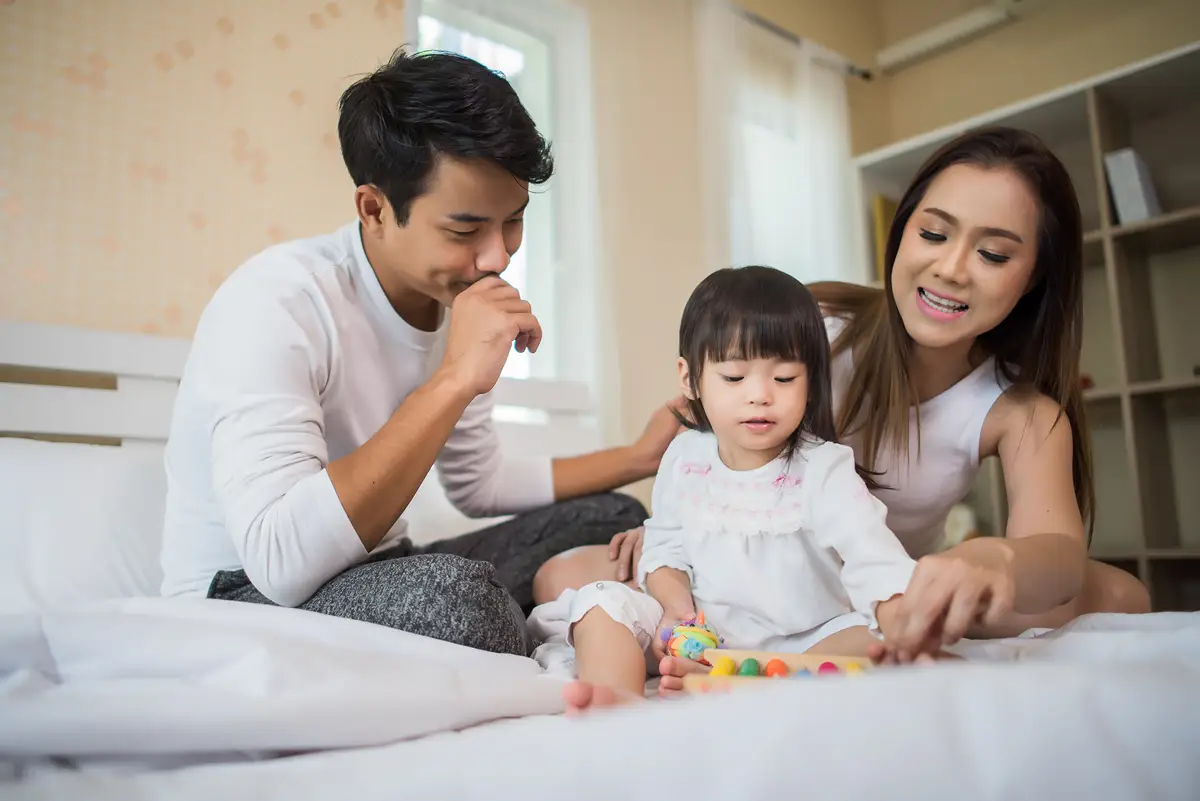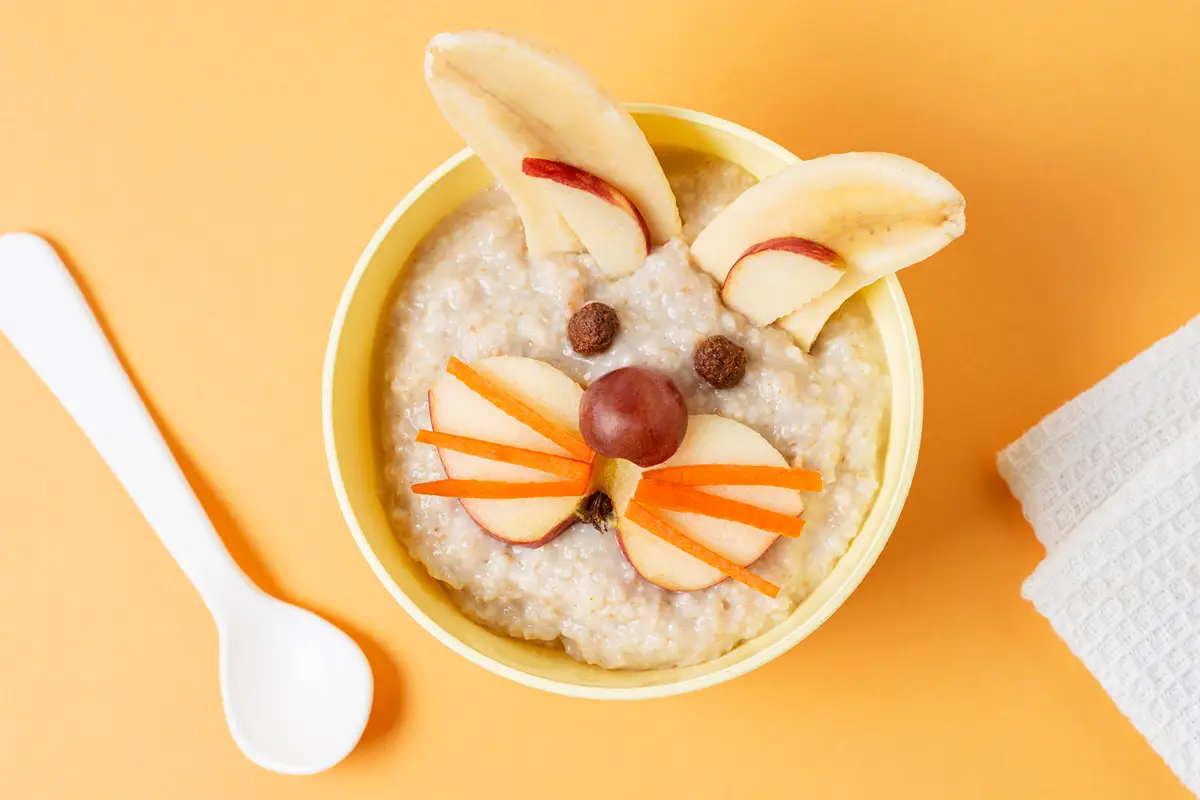
Chickenpox (varicella) is a common childhood illness, but seeing your child covered in itchy spots can be unsettling for any parent. This guide covers everything you need to know—from recognising early signs to managing symptoms effectively and understanding vaccination options.
Chickenpox is a highly contagious viral infection caused by the varicella-zoster virus. It’s one of the most common varicella zoster virus infections, typically affects children, resulting in itchy, blister-like rashes, fever, fatigue, and discomfort. While mostly mild, it can lead to complications in some cases, particularly in infants, pregnant women, and individuals with weakened immune systems. In rare instances, chickenpox may cause serious complications like pneumonia or encephalitis, highlighting the importance of monitoring for severe symptoms.
Chickenpox virus spreads easily through:
The virus can spread from 1–2 days before the rash appears until all blisters have crusted over, usually about 7 days after onset.
Early symptoms typically appear 10–21 days after exposure:
In addition to these, some children may develop other symptoms depending on the individual’s immune status and presence of primary varicella infection.

The incubation period of chickenpox is between 10 to 21 days after exposure. Children should be kept home from school or childcare from the time the rash first appears until all blisters have crusted over and no new ones are forming. Typically, this isolation period lasts around one week. Isolation is crucial to prevent the virus from spreading to others, especially vulnerable groups like infants, pregnant women, and the elderly.
Relieving Itchiness:

Controlling Fever and Pain:
Antiviral Medication: In severe cases, antiviral drugs may be prescribed depending on the extent of infection, the child's age and health, and timing of treatment.
For individuals at very high risk, such as pregnant women or immunocompromised patients, varicella zoster immune globulin may be considered to reduce the severity of symptoms and risk of complications.
Hydration and Rest:

While scratching may offer temporary relief, it can break the skin and introduce bacteria, increasing the risk of infection. Scratching can:
Consult a paediatrician immediately if your child:
Serious conditions such as congenital varicella syndrome (when infection occurs during pregnancy) or complications like herpes zoster (shingles, which can develop later in life) require prompt medical evaluation.
The chickenpox (varicella) vaccine helps the body build immunity by using a weakened form of the virus. It is given in two doses: the first between 12 to 15 months of age, and the second between 4 to 6 years.
According to the CDC, two doses are about 90% effective at preventing chickenpox. Even if infection occurs after vaccination, symptoms are typically much milder and complications are rare. The vaccine can also be given within 3 to 5 days after exposure to help reduce symptom severity.
Children can receive the varicella vaccine on its own or combined with measles, mumps, and rubella (MMRV) in a single shot for ages 1–12. Vaccination is recommended for all healthy children to provide the most effective protection against chickenpox.
Most children experience no or mild side effects. Possible reactions include:
These reactions typically resolve within a few days. Serious side effects are extremely rare, but always consult your paediatrician if you have concerns.


While chickenpox is usually mild, it can still be a challenging time for both you and your child. By understanding the symptoms, knowing how to manage discomfort, and recognising when to seek medical help, you can help your child recover safely and comfortably. Vaccination remains the most effective way to prevent serious illness and reduce the spread to others in your community.
If you have questions or need support, the paediatric team at Pantai Hospital Ampang is here to guide you through every step—from diagnosis to recovery to prevention.


